Risks related to exploration and production projects
Risk of limited control of joint ventures
– since at least two partners are involved in such projects, there is a risk that they will not be executed in accordance with the LOTOS Group's expectations. We mitigate this risk by properly defining the acceptable conditions on which we can become involved in a project, and by vetting the other interest holders, their goals, motivation, financial standing, ownership structure and perception. For this, we rely on our in-house resources and/or business intelligence agencies. Another important thing is to properly define the common interests, analyse the legal, tax and business regulations in a due diligence process, and study the provisions of partnership agreements to ensure our interests are secured. The risk is also minimised by devising an appropriate negotiation strategy at the time of entering into a new partnership and while it continues, as well as by ongoing monitoring of contractual provisions, evaluating and approving budgets and schedules, appointing committees, and recommending decisions to be made by the relevant governing bodies.
All of these steps were taken in 2013 for our licences held jointly with partners in both Norway and Poland. In Poland, one example is the operation of the B4/B6 gas fields in partnership with CalEnergy Resources.
Risk of involving capital in projects which yield unsatisfactory returns – this risk is related to partnership agreements which may result in financial losses. To counteract this risk materializing, we make sure to properly define the goals and conditions on which we can participate in a project. Proper tools for assessing each such project are identified and multidisciplinary teams are set up to perform its economic, legal, tax or technical analyses.
Risk of failure to fully recover funds invested in the Yme project
– given the significance of the Yme project, we have brought it under special supervision. We are implementing a number of measures mitigating the attendant risks. Currently, efforts are being made to sell the interests in the Yme field. We have defined two sub-projects – removal of the MOPU (Mobile Offshore Production Unit) from the field and submission of a new Yme field development plan to Norway's Ministry of Petroleum and Energy to raise the value of the interests we intend to sell. To mitigate the associated risk, an agreement was signed with SBM, the MOPU's manufacturer, in which SBM agreed to cover the costs of the unit's removal from the field, and paid compensation to the consortium members. In 2013, we also held a process to select a contractor for the MOPU's removal. We evaluated the quality of work performed by the operator, helped to build an agreement between those partners that were not consortium operators to strengthen our position, engaged international advisers and, to ensure we have greater control, seconded one of our employees to the operator. We also held talks with the Norwegian authorities to clearly confirm the intention of continuing our activities on the Norwegian Continental Shelf, outlining the planned steps.
Risk of bad weather conditions
– this is a crucial risk factor in a marine environment, which may delay projects and, in extreme cases, force us to suspend production. To minimise the adverse effect of this risk, systems are deployed to monitor weather conditions and trigger appropriate safety procedures when necessary.

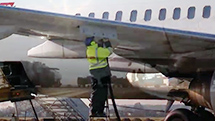







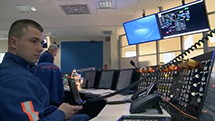


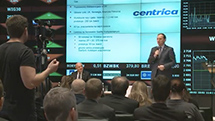
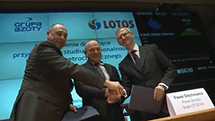
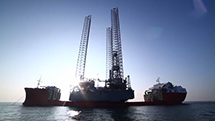
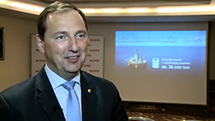
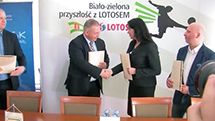
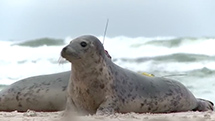
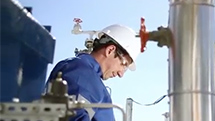

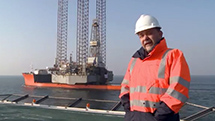
 E-mail
E-mail Facebook
Facebook Google+
Google+ Twitter
Twitter